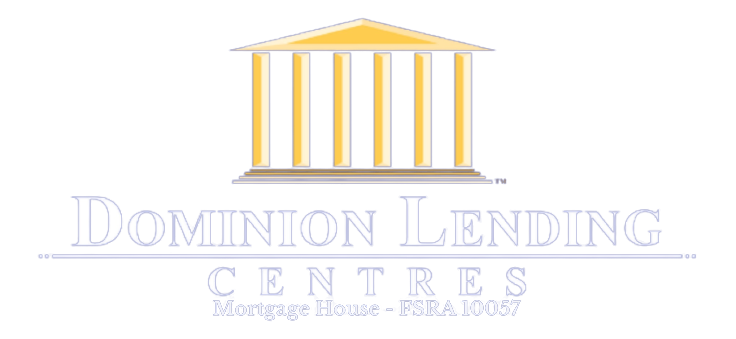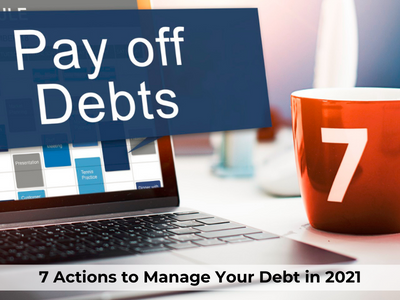We are going to digress in our today’s blog. Our concern is about a topic that upsets many people most especially first-time house buyers like you – bad credit
You are going to learn 7 tips regarding proper debt management that will give your financial standing a make-over to keep it in tip-top shape. Not only is this beneficial to you but also advantageous to your plans on purchasing a property because your lenders will not consider you a high-risk borrower.
Another thing to remember: you can do this on your own. All you have to do is to be persistent and focused on your objective until your desired outcome is achieved.
It will be difficult initially but your aim to get a good credit rating will eventually prevail in the end.
If you are ready to slash away your debts like a ninja then let’s start learning the “kata” of bad credit neutralization.
Bad Credit Defined
A person who fails to pay his/her outstanding balance in time and/or shows propensity not to pay on time in the future is a risky borrower and the amount unsettled by the debtor on the agreed date is considered bad credit.
This is one of the hurdles that any first-time house buyers will have to oversee because this will have an impact on their mortgage loan application.
Special attention must be given to this topic since we are currently in a crisis that forces many to put on hold their credit payments due to loss of jobs, unstable work conditions, and poor income-generating opportunities.
If your situation falls into any one of the above conditions then we suggest consulting a credit relief agency to assist you in overcoming your credit dilemma.
Managing Debts Techniques
The following are the strategies you need to learn by heart so that you can do away with any or all of your outstanding obligations easily and efficiently.
a. Query your Credit Card Company – we are in a predicament where anything can happen and will have an ill effect on our daily lives. We suggest that you contact your credit card company and ask questions regarding their payment policy during times of economic and global uncertainty. Try to get hold of their different credit leniency programs, if available, and inquire if you are qualified for one. Doing this will save you a lot of time and money in covering your monthly dues.
b. Transfer Your Balance to a New Credit Card – while it may appear counter-intuitive, having a transfer balance card will make it much easier for you to deal with your existing outstanding credits. You can control the duration of the credit card (i.e., 12 months or 15 months) and the interest rate is given is smaller compared to your primary card. This means you have a smaller amount to settle at a given period in time as agreed upon between you and the credit card company. This will force you to discipline yourself in accumulating expenses and to pay promptly to avoid paying late penalty fees.
c. No Cash, No Pay – during these dire times, you are forced to forego a few months’ payments of your dues. This is understandable considering that you are managing your tight funds and prioritizing more important expenditures like food, rent, utilities, and others. Having no cash on hand does not mean, however, that you will skip on your payments habitually. Always remember that your dues are demandable monthly and any attempt to commit subterfuge against your creditors will subject you to legal action. This condition is not an escape from your financial obligation so never use this condition as your excuse to default on your payments.
d. Never Treat Your Card as Your Emergency Fund Source – all credit cards have their credit limits. Credit limits are amounts set by credit card companies once you are approved for credit card usage. These represent the maximum amount that you can use for any purpose anytime and anywhere. There is another amount that credit cards also carry: a cash advance limit. The cash advance limit is based on the calculated amount from your actual credit limit – normally around 80% – and can be borrowed for emergency purposes (i.e. school tuition, immediate house repairs, etc.). However, do not mistake this as your way out in fixing your credit problems because it won’t. This carries a higher interest rate and needs settlement in the form of fixed monthly installment payments for a designated number of months or years. Think twice about deciding on using your credit card as a second source of funds.
e. Opt for a Staggered Loan Program – take advantage of special loan programs from your credit card such as Buy Now, Pay Later, or 0% Interest for 3/6/12 Months. This will make your life easier to cope with financially and economically. Payments are fixed; hence, you will not second-guess how much to pay which makes it easier to plan ahead both on your expenditures and monthly payments. If you are musing about trying to get a mortgage with bad credit then this strategy will prove useful to you since you can show your lenders that you are capable of managing your debt payments responsibly. This will likewise give an impression to your creditors that you know well how to plan with your credit balances.
f. Avoid the Temptation to Cancel Your Cards – if you believe that canceling your cards will relieve you from your financial problems then think again. Revoking your credit cards will force your card issuing bank to demand payment immediately. Hence, if you have no funds available yet upon the cancellation of your card then you might end up in deeper trouble. Another reason not to kill your cards just yet is that this will lower your credit score making it difficult for you to secure a mortgage loan. Instead of canceling, we suggest requesting your credit card company to waive its annual fee – full or partial – to make it easier for you and on your wallet.
g. Get a Cash Reimbursement Card – having this card will not only help you save your money but also make you purchase items that have a higher cashback incentive. The money you receive back can be added to your budget when paying your outstanding balances. This eventually teaches you to be a wise buyer instead of a compulsive buyer.
Being in debt is not easy to deal with but if you have understood what the abovementioned tips are telling you then managing them efficiently can be done almost effortlessly.
Remember that credit and mortgage share similar elements; hence, the treatment of your credit card debts is indicative of how good or bad you are in handling your finances and in settling your mortgage loan payments on time.
Final Thoughts
Bad credits are a negative blotch to your financial make-up. Your economic outlook is bleak if you’re burdened with too much debt that you end up deliberately skipping on all of them. Speak with a professional credit repair and financial advisor to aid you in solving your dilemma.
If you are planning to get a mortgage loan then remember that both credit cards and mortgages work in the same manner. Be persistent in your objective to pay off all your debts so that you will have a stress-free life and a value-added future with your family and loved ones.
We are your best mortgage solutions provider in Canada founded by Faizal Garasia in 2019. We have a network of more than 90 lenders including the largest banks, credit unions, trust firms, and financial institutions across Canada.
Contact us at (416) 825 0142 or send an email to faizal.garasia@dominionlending.ca today for more information.




